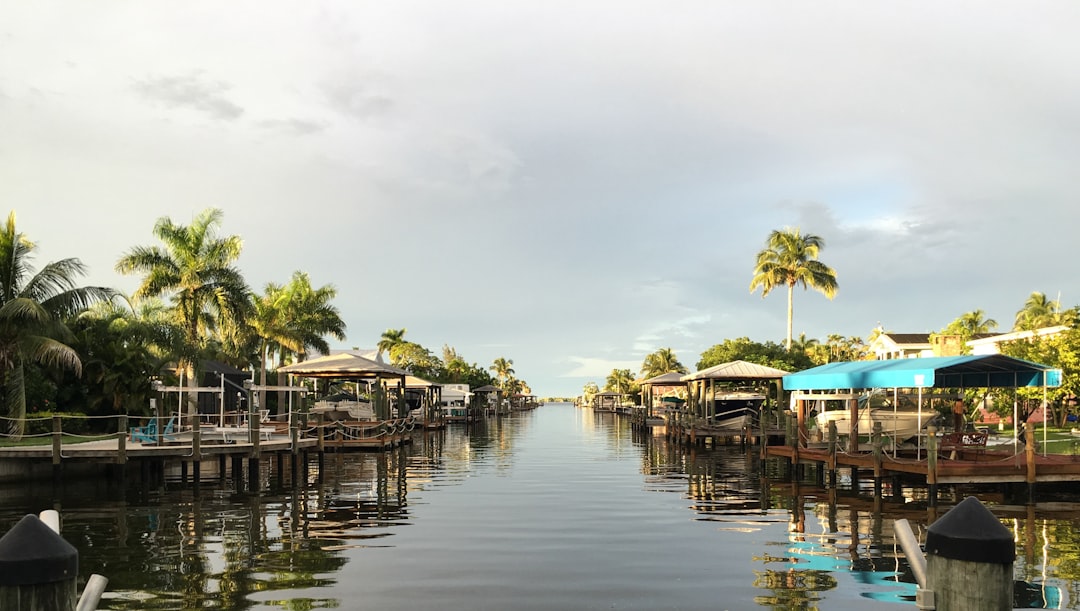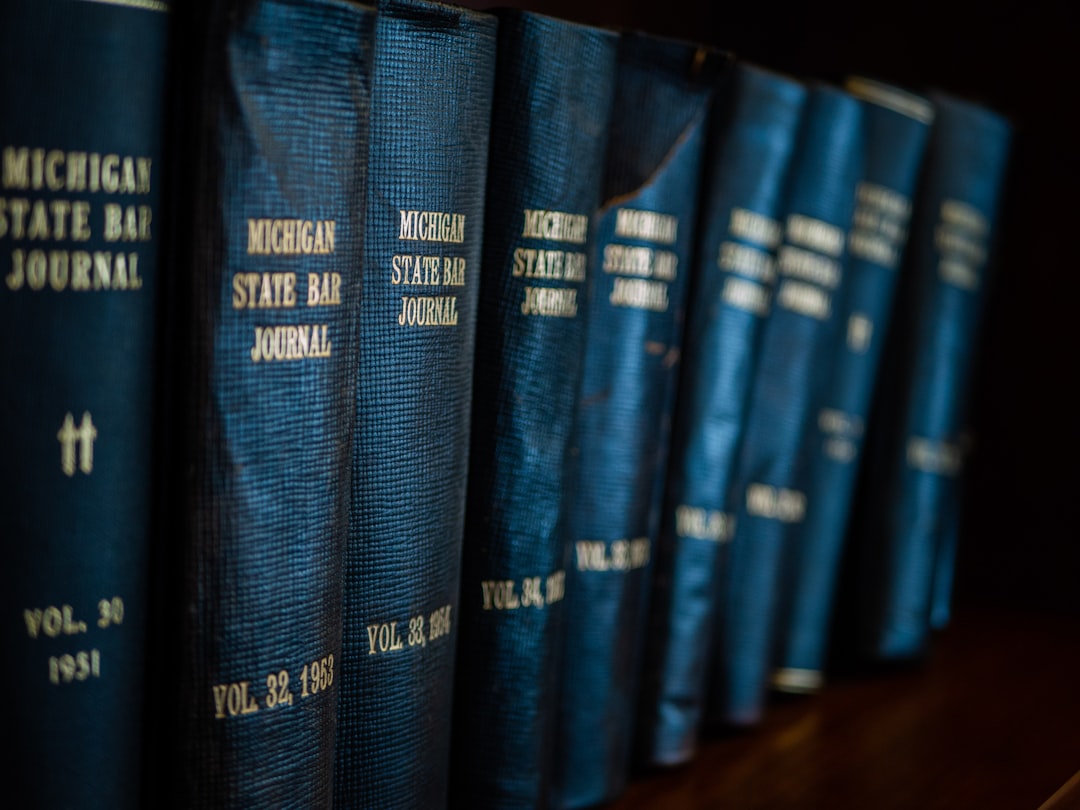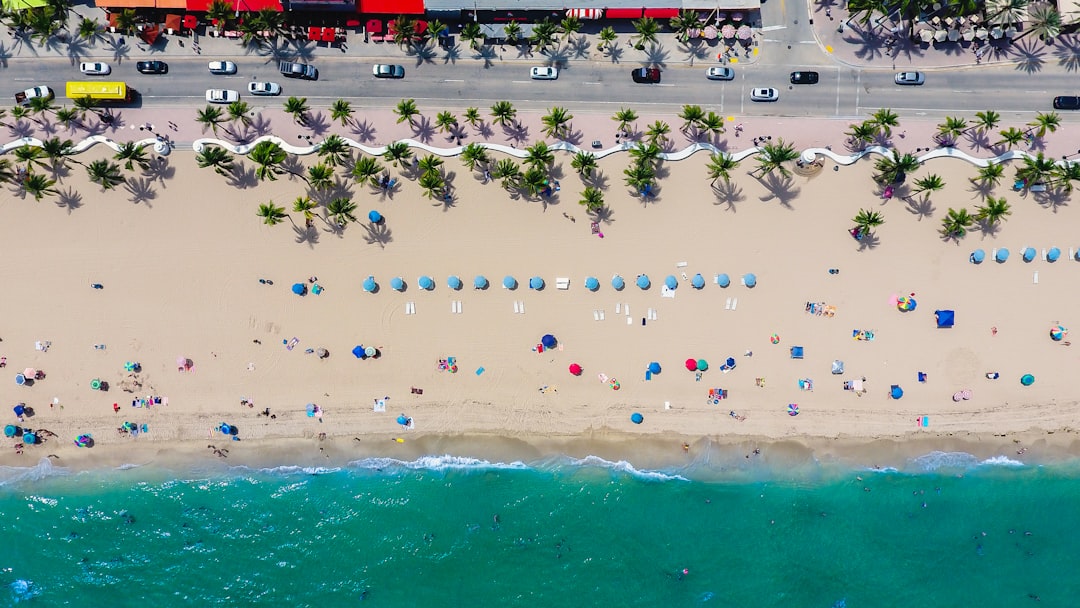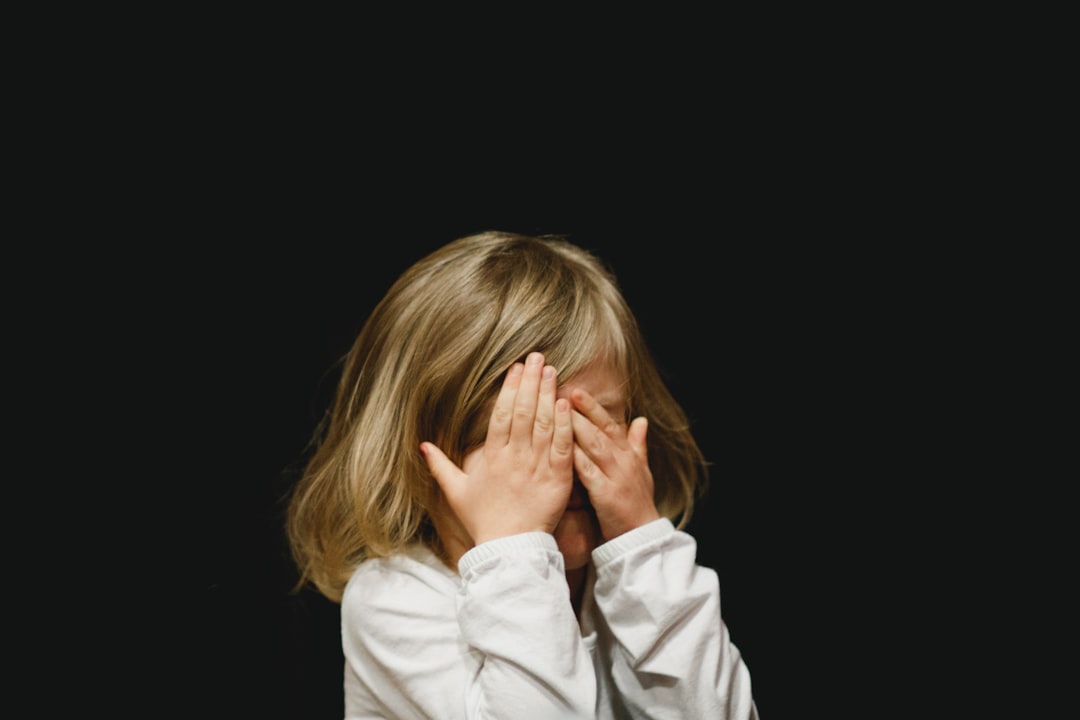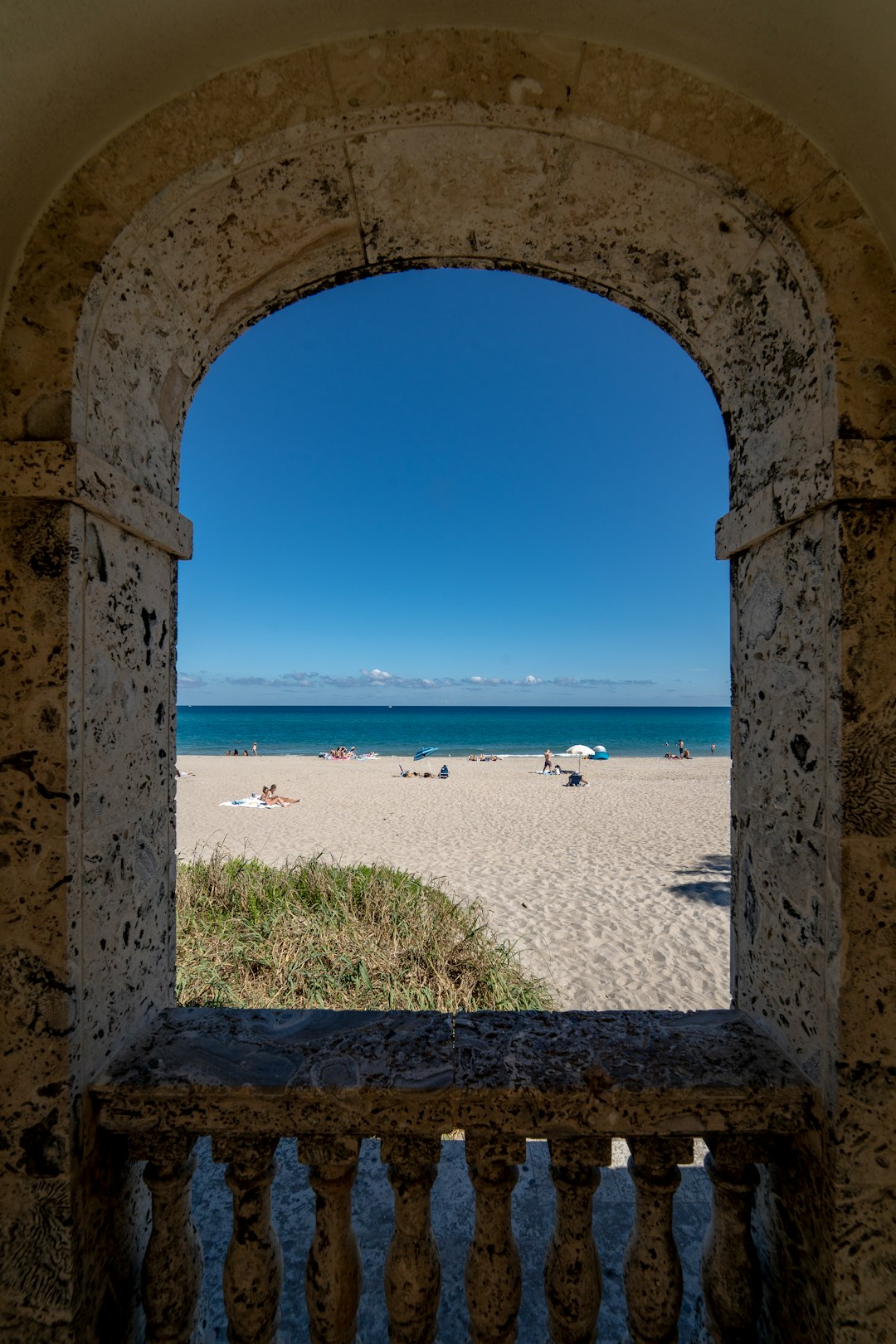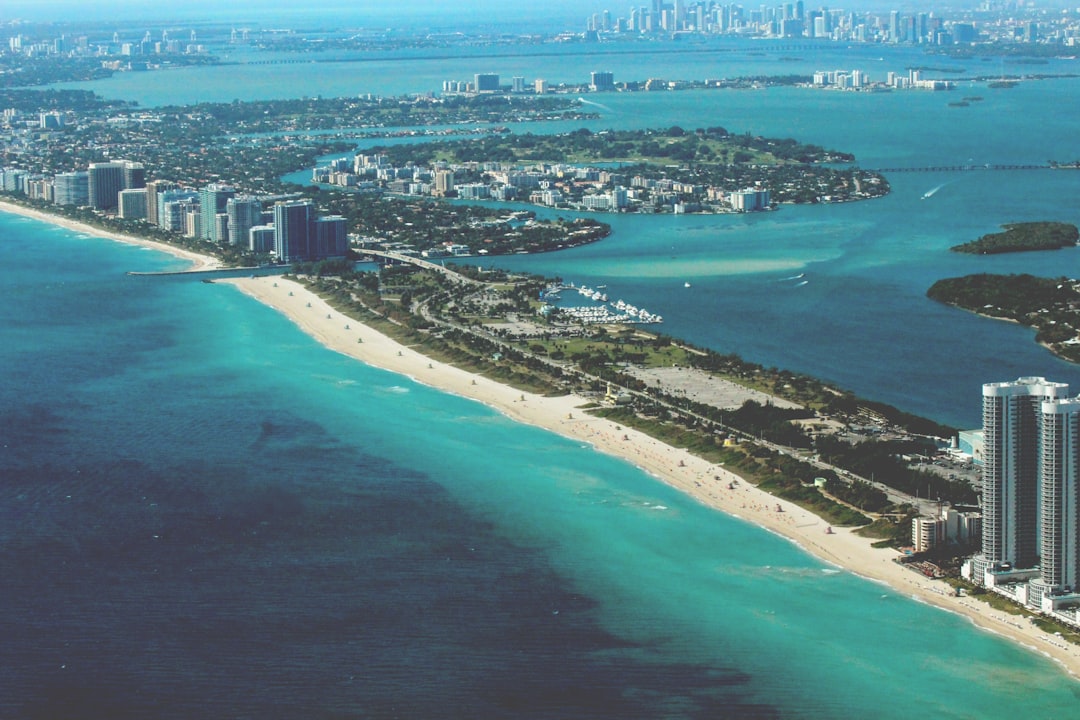In Florida, reporting suspected child abuse is both a legal obligation and vital step in protecting vulnerable children. The state's laws define child abuse broadly, including physical, mental, and sexual harm as well as willful neglect or endangerment by parents or guardians. School staff are trained to recognize signs of abuse and notify designated officials, while law enforcement and child abuse lawyers collaborate on investigations. Victims have rights to safety, support, and privacy, while accused individuals enjoy legal counsel and a fair trial. Schools can access resources from the Florida Department of Children and Families (DCF) and connect with specialized child abuse lawyers in Florida for guidance. This comprehensive system aims to create a safe environment for children and support families through healing and recovery.
In Florida, schools play a crucial role in identifying and reporting suspected child abuse. This comprehensive guide explores Florida’s protocols for recognizing and handling such cases. We delve into state laws mandating child abuse reporting, providing insights for school staff on when to suspect and report abuse. Additionally, we examine the involvement of law enforcement, legal rights, and support services available to schools and families. For those seeking expertise, a child abuse lawyer in Florida can offer valuable guidance tailored to these protocols.
Understanding Florida's Laws on Child Abuse Reporting
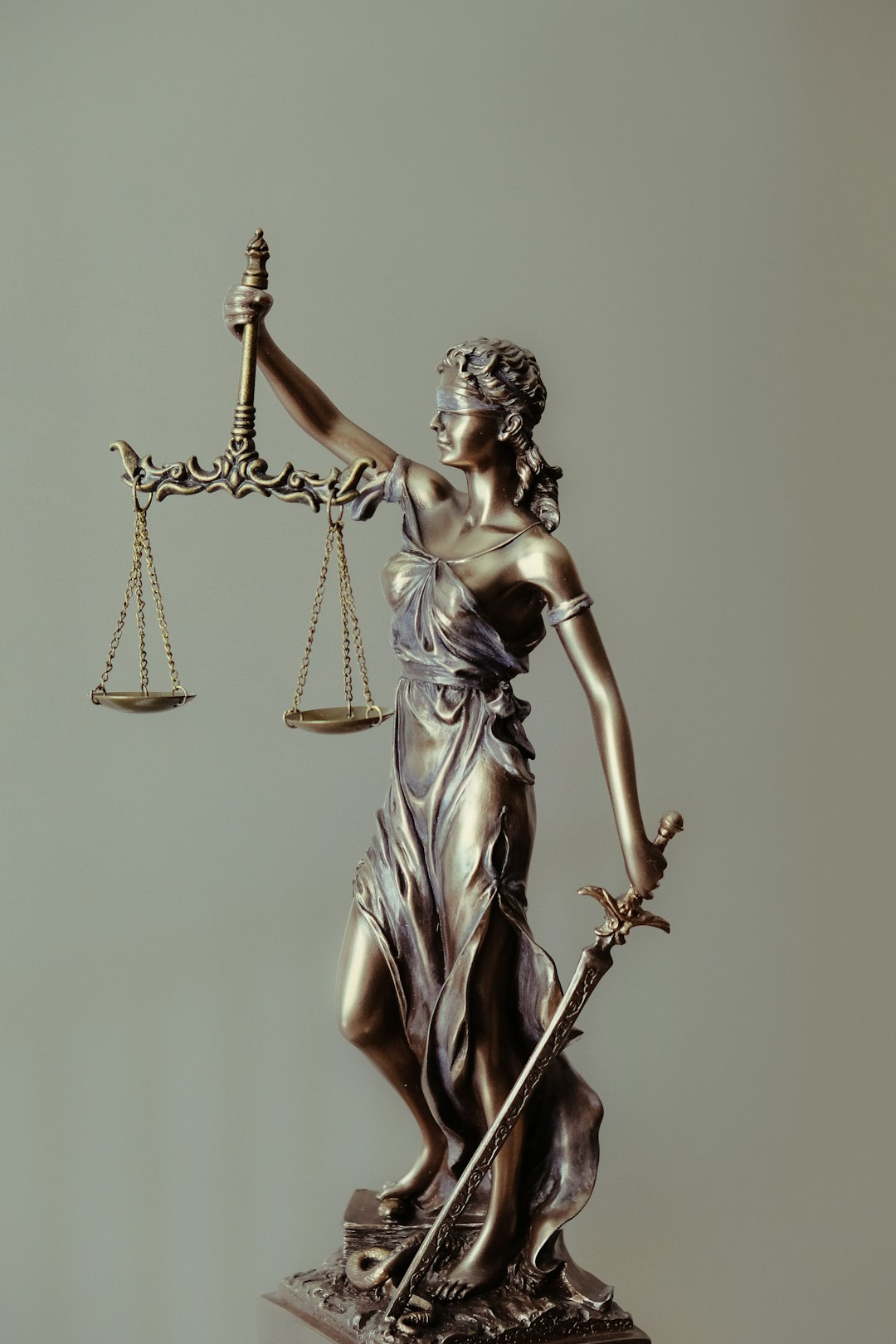
In Florida, the reporting of child abuse is a serious matter and is governed by strict legal protocols. Any individual who suspects or has knowledge of a child being abused or neglected is legally obligated to report it to the appropriate authorities. The state’s laws are designed to protect children and ensure their safety by promoting timely intervention. A child abuse lawyer in Florida can help navigate these complex regulations, ensuring that reports are filed accurately and within the required timeframes.
The Florida Statutes define child abuse as any act or omission that causes, or could reasonably be expected to cause, significant harm, including physical, mental, or sexual abuse, to a child. This includes situations where a parent, guardian, or any other person responsible for the welfare of a child willfully neglects or endangers them. Reporting is typically done through the Florida Department of Children and Families (DCF), which receives and investigates these complaints. Understanding these laws is crucial for anyone who encounters potential instances of child abuse, as it facilitates prompt action that could save a child’s life.
Protocols for School Staff: When to Suspect and Report
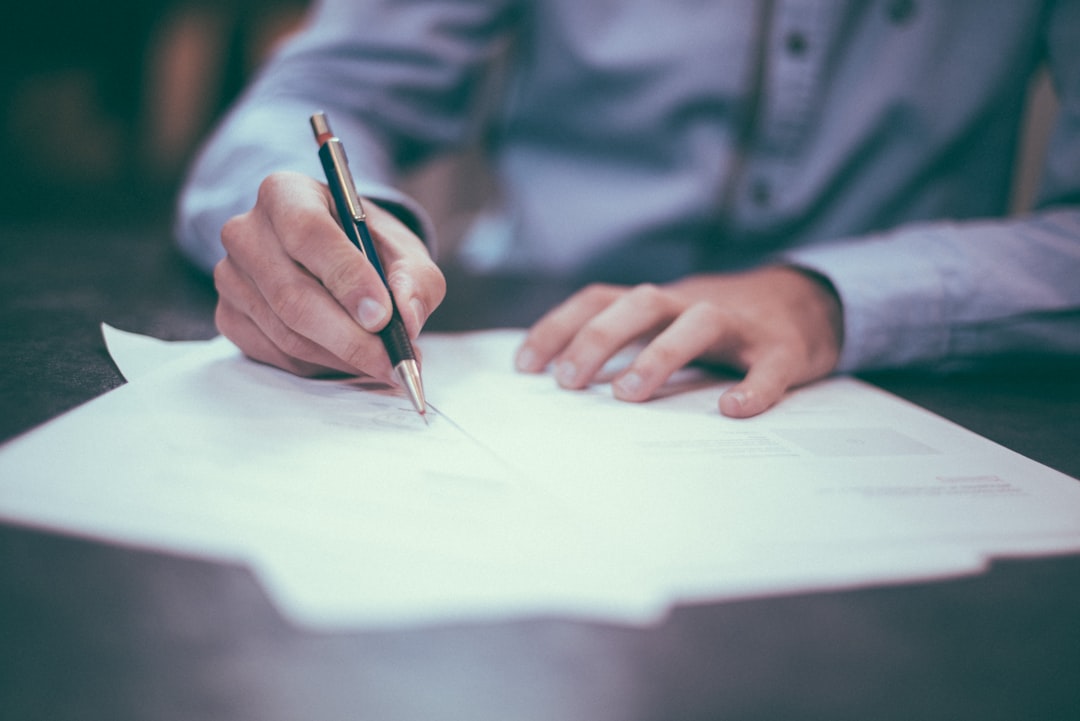
In Florida, school staff members play a crucial role in identifying and reporting suspected child abuse. They are trained to recognize signs that may indicate abuse or neglect, such as sudden changes in behavior, physical injuries not explained by the child’s history, or emotional distress. When a teacher, administrator, or support staff member observes any of these red flags, it is their responsibility to take immediate action.
The protocol for reporting suspected child abuse begins with documenting the observations and gathering relevant information about the student’s home life and any known historical trauma. This information should be shared with the designated school official responsible for handling such cases, often a school counselor or administrator trained in crisis management and child protection. The school’s legal obligation to report suspected abuse to Florida’s Department of Children and Families (DCF) is paramount, ensuring that the well-being and safety of the child are prioritized while also facilitating an investigation by the appropriate authorities, including a potential child abuse lawyer in Florida.
The Role of Law Enforcement in Child Abuse Investigations
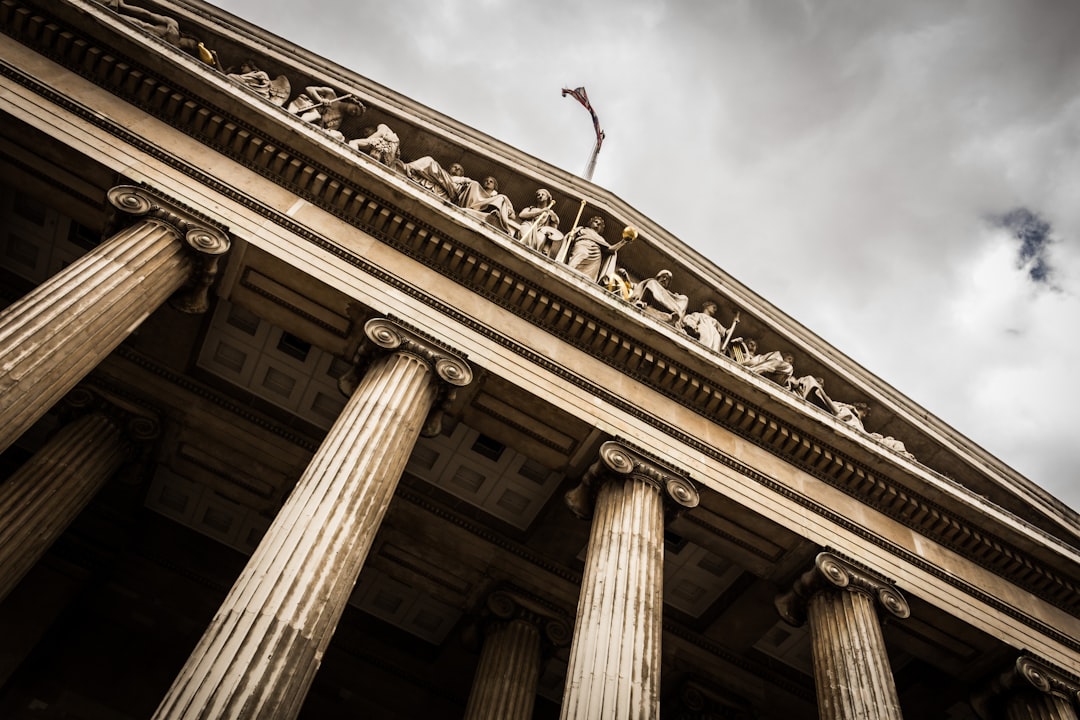
In Florida, law enforcement plays a pivotal role in investigating suspected child abuse cases. When a report of potential child abuse is received, law enforcement officers are tasked with conducting thorough and sensitive inquiries to ensure the safety and well-being of the child involved. They work closely with Florida’s Department of Children and Families (DCF) to gather evidence, interview witnesses, and question alleged perpetrators. A child abuse lawyer in Florida often collaborates with law enforcement during these investigations, providing legal counsel and expertise to help navigate complex procedures and protect the rights of both the child and the accused.
The collaboration between law enforcement and legal professionals is crucial for several reasons. Firstly, it ensures that evidence is collected and handled properly, adhering to legal standards. Secondly, it protects the confidentiality of sensitive information while maintaining a robust investigation. Lastly, it helps establish a fair and just process, balancing the need to protect children with ensuring due process rights for all individuals involved.
Legal Rights and Protections for Both Victims and Accused

In Florida, both victims and accused individuals have specific legal rights and protections when it comes to child abuse allegations. Child abuse victims are entitled to safety and support, with laws in place to ensure their privacy and well-being during any legal proceedings. This includes protection from retaliation and the right to be free from further harm. A child abuse lawyer in Florida can help navigate these complexities, ensuring that a victim’s rights are upheld and they receive the necessary assistance.
For those accused of child abuse, there are also legal protections. They have the right to remain silent, to an attorney, and to a fair trial. The state must prove their guilt beyond a reasonable doubt, and any evidence used against them must adhere to strict legal guidelines. A Florida child abuse lawyer can provide guidance and representation, helping to safeguard the accused’s rights while also ensuring a thorough investigation into the allegations.
Support Services Available for Schools and Families in Florida

In Florida, schools play a vital role in identifying and reporting suspected child abuse, but they also need support to navigate this complex issue effectively. The state offers various services tailored to assist both educational institutions and families dealing with child abuse allegations. These include mental health counseling, social work interventions, and legal aid from child abuse lawyers in Florida. Schools can connect with local child protection teams for guidance on reporting procedures, ensuring the well-being of students, and providing resources to support affected children and their families.
Additionally, Florida’s Department of Children and Families (DCF) coordinates a network of crisis centers and shelters, offering immediate assistance and long-term support to victims and their caregivers. Legal services are accessible through partnerships with organizations specializing in child abuse cases, ensuring that families have the representation they need during investigations and legal proceedings. These comprehensive support systems are designed to create a safe environment for children while empowering families to take proactive steps towards healing and recovery.
